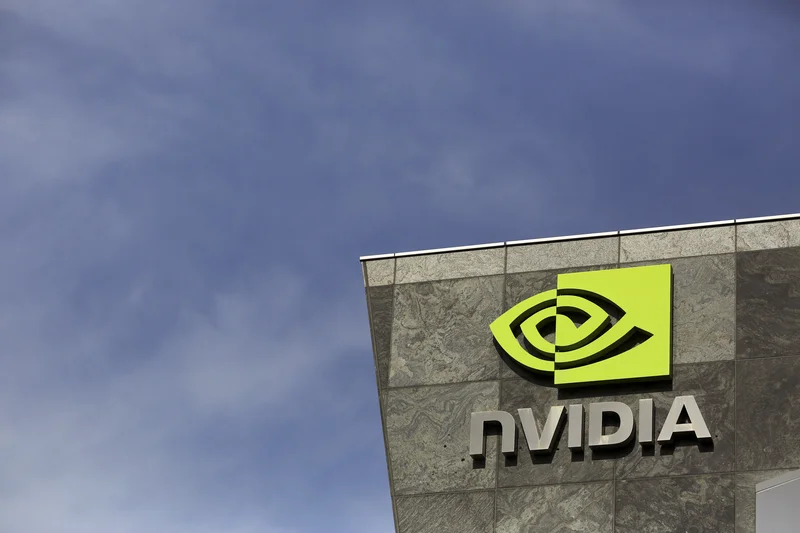Friends, colleagues, fellow dreamers! I'm still buzzing from the news out of Nvidia's GTC conference. Forget incremental improvements; we're talking about a seismic shift. Jensen Huang just dropped a bombshell: $500 billion in orders for Blackwell and Rubin GPUs through 2026. Let that sink in. Half a trillion dollars! This isn't just about faster frame rates in video games; this is about fundamentally reshaping how we live, work, and interact with the world.
This isn't simply a tech story; it's a human story. It's about the potential to unlock solutions to problems we haven't even fully defined yet. What does that kind of processing power mean? Imagine personalized medicine tailored to your unique genetic code, instant translation breaking down language barriers, or AI-driven climate models predicting and mitigating disasters before they strike. That’s the promise on the horizon. It's like the invention of the printing press, but instead of democratizing information, we're democratizing intelligence itself.
The sheer scale of Nvidia's ambitions is breathtaking. $70 billion per quarter from these advanced GPUs alone? That dwarfs their already impressive $47 billion total revenue from the last quarter. And while the setback in the Chinese market due to export restrictions is a concern – it used to account for a significant chunk of their data center revenue – the company is clearly firing on all cylinders elsewhere. It's a reminder that progress isn't always a straight line, but the overall trajectory is undeniable.
The partnership with the Department of Energy to build seven AI supercomputers, including the record-breaking Solstice system with 100,000 Blackwell GPUs, is another monumental leap. Think about it: thousands of researchers gaining access to unprecedented AI infrastructure, developing and training AI models for open science. What breakthroughs will they unlock? What new materials will they design? What new energy sources will they discover? I honestly just get chills thinking about the possibilities.

Of course, with great power comes great responsibility. As AI becomes more pervasive, we need to ensure it's used ethically and responsibly. We need to address concerns about bias, privacy, and job displacement. But I firmly believe that the potential benefits far outweigh the risks, provided we approach this technology with wisdom and foresight.
Nvidia’s stock, trading at what some consider a high valuation, might give some investors pause. But as one analyst astutely noted, Nvidia's CEO, Jensen Huang, anticipates data center capital expenditures to reach $3 to $4 trillion by 2030. If that's even remotely accurate, Nvidia's current price tag looks like a bargain. As discussed in Jensen Huang Just Delivered Incredible News for Nvidia Stock Investors, this could be a pivotal moment for investors. The question is, how do we prepare ourselves, our businesses, and our communities for this AI-driven future? How do we ensure that everyone benefits from this technological revolution, not just a select few?
And I saw a comment on a Reddit thread that perfectly captures this feeling: "Nvidia isn't just selling chips; they're selling shovels in the AI gold rush." That's exactly right! They're providing the fundamental infrastructure that will power the next wave of innovation across every industry.
We're not just witnessing a technological advancement; we're witnessing the birth of a new era. An era where AI is not just a tool, but a partner, a collaborator, and a catalyst for progress. Nvidia's $500 billion order book isn't just a number; it's a testament to the boundless potential of human ingenuity and the transformative power of artificial intelligence.